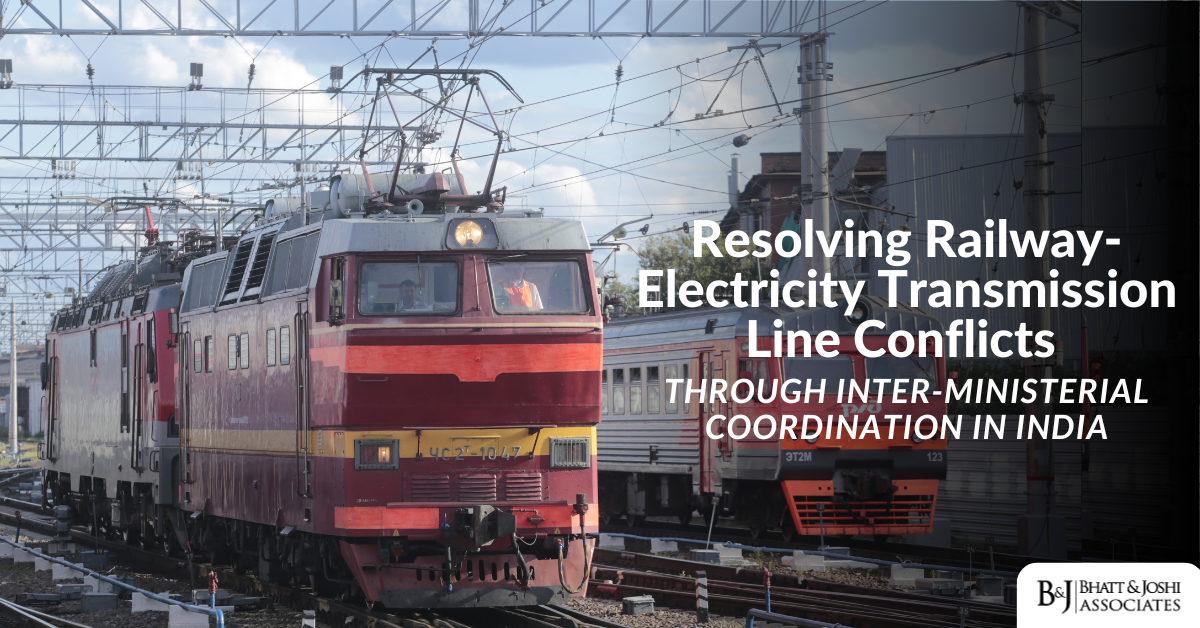Introduction
The Supreme Court of India recently made a significant ruling regarding the power of the Sessions Court or High Court to grant interim/transit anticipatory bail. This ruling is particularly relevant when the First Information Report (FIR) is not registered within the territory of a particular State but in a different State1.
Transit Anticipatory Bail: The Court’s Observations
The Court observed that the Court of Session or the High Court can exercise jurisdiction and entertain a plea for limited anticipatory bail even if the FIR has not been filed within its territorial jurisdiction. This decision is based on the facts and circumstances of the case, and whether the accused, apprehending arrest, makes out a case for the grant of anticipatory bail1.
The Concept of Transit Anticipatory Bail
The concept of transit anticipatory bail is introduced as an interim protection of limited duration2. This protection is granted until the accused approaches the competent Sessions Court or the High Court for seeking full-fledged anticipatory bail.
The Issue of Territorial Jurisdiction
The Court noted that if a transit bail application is rejected on the sole ground of territorial jurisdiction, it would add a restriction to the powers under Section 438 of the Code of Criminal Procedure1. This could result in a miscarriage and travesty of justice, aggravating the adversity of the accused who is apprehending arrest. It would also be against the principles of access to justice.
The Link to Personal Liberty
The Court emphasized that anticipatory bail, as well as transit anticipatory bail, are intrinsically linked to personal liberty under Article 21 of the Constitution of India. The Court extended the concept of access to justice to such a situation, bearing in mind Article 14 thereof. It was deemed necessary to give a constitutional imprimatur to the evolving provision of transit anticipatory bail.
Conditions for Transit Anticipatory Bail
The Court laid down the following conditions for the grant of transit bail2:
- Prior to passing the order of limited anticipatory bail, the Investigating Officer and the Public Prosecutor who are seized of the FIR shall be issued notice.
- The order of grant must record reasons as to why the applicant apprehends an inter-state arrest and the impact of interim anticipatory bail on the status of the investigation.
- The jurisdiction in which the cognizance of the offense has been taken does not exclude the said offense from the scope of anticipatory bail by way of a state amendment to section 438 CrPC.
- The applicant must satisfy the court regarding his inability to seek such bail from the court having territorial jurisdiction.
The Case: Priya Indoria v. State of Karnataka
In the case of Priya Indoria v. State of Karnataka5:, the Supreme Court, speaking through Chief Justice YV Chandrachud, made some significant observations.
Balancing Personal Liberty and Investigational Powers
The Court observed that society has a vital stake in preserving personal liberty as well as the investigational powers of the police. The relative importance of these two aspects at any given time depends upon the complexion and restraints of political conditions. The focus of the case was on how best to balance these interests while determining the scope of Section 438 of the Code of Criminal Procedure, 19736.
Personal Liberty and Access to Justice
The Court placed the question in the context of personal liberty and access to justice. It held that the same must also be looked at from the angle of personal liberty and access to justice. Article 39A, which deals with equal justice and free legal aid, can be considered to be a specie of Article 21, which deals with the right to life and liberty6.
The Accused Husband’s Anticipatory Bail
In the case at hand, the accused husband was granted extraterritorial anticipatory bail without giving notice where the appellant had lodged an FIR5. The Court finally set aside the impugned order by the Sessions Judge.
Conclusion
The judgment in the case of Priya Indoria v. State of Karnataka has significant implications for the legal landscape in India, particularly in relation to the balance between personal liberty and the investigational powers of the police. It underscores the importance of access to justice and the right to life and liberty, as enshrined in the Constitution of India.
Learn More :
- 1.barandbench.com
- 2.lawweb.in
- 3.timesofindia.com
- 4.timesofindia.indiatimes.com
- 5.indiankanoon.org
- 6.main.sci.gov.in














